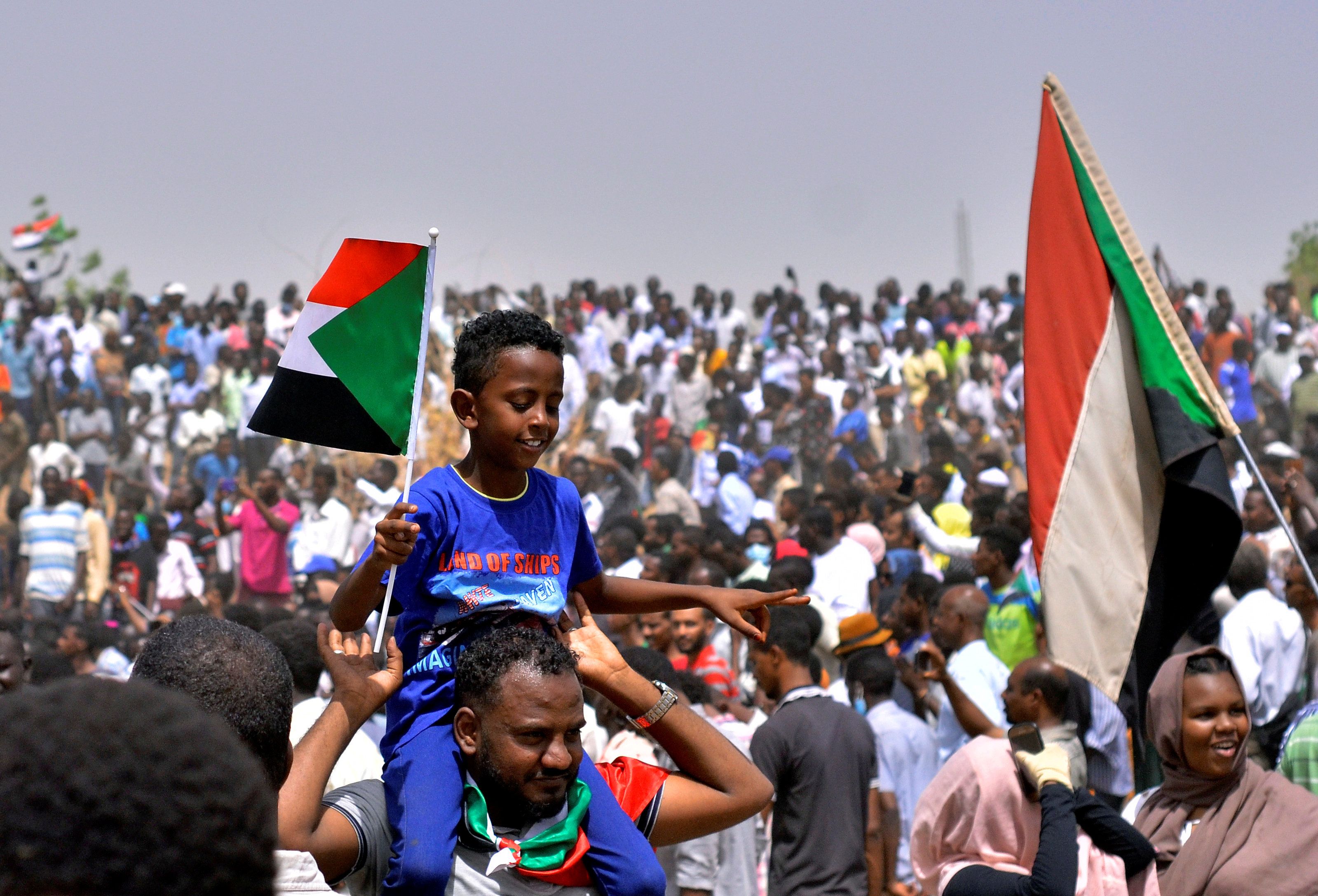April 11, 2019
Thirty years in power ended after just three months of protests yesterday for Sudanese strongman Omar Bashir.
The army – faced with growing demonstrations and an image of defiance that suddenly went viral around the world – arrested Bashir and imposed a state of emergency. Defense Minister Awad Ibn Ouf has said elections will be held in two years.
Bashir's ouster comes just a week after the nearly incapacitated president of Algeria, Abdelaziz Bouteflika, resigned under pressure from his own generals, following several weeks of mass protests. In his case, it ended a 20-year run in power.
Autocrats lose, but will democracy win? Both men were ousted after street demonstrations reached a point that the military chose to side with the protesters rather than gun them down.
But the generals now control what happens next in both countries, and there is no guarantee that they'll be willing to relinquish control to genuinely accountable civilian governments.
If they don't, it could spell trouble. While economic issues are what initially put millions of young Algerians and Sudanese on the streets over the past few months, their demands have since expanded to include political change and transparency. Popular discontent could persist in both countries if those demands aren't fulfilled.
Then again, the generals may look to Egypt, where the army skillfully used popular demands for change to oust a long-standing dictator, as well as the democratically elected leader who came to power after him. Eight years after the Arab Spring, the country is now under the control of a deeply authoritarian regime.
The upshot: It's one thing for the men with guns to side with the streets against suddenly vulnerable leaders – but would they be willing to side with protesters against… themselves?
More For You
- YouTube
At the 62nd Munich Security Conference in Munich, GZERO’s Tony Maciulis spoke with Benedikt Franke, Vice Chairman and CEO of the Munich Security Conference, to discuss whether the post-1945 global order is under strain or already unraveling.
Most Popular
- YouTube
Zelensky agrees: elections matter #PUPPETREGIME
As more small businesses move sales, payments, and customer relationships online, they unlock new opportunities, but they also become easier targets for cyber-criminals and other threat actors.
TOKYO, JAPAN - FEBRUARY 8: Japan's Prime Minister Sanae Takaichi, leader of the ruling Liberal Democratic Party (LDP), places a red paper rose on the name of an elected candidate at the LDP headquarters on general election day on February 08, 2026 in Tokyo, Japan. Voters across the country headed to polls today as Japan's Lower House election was held.
Photo by Kim Kyung-Hoon - Pool/Getty Images
When Japanese Prime Minister Sanae Takaichi called snap elections last month, it was a big gamble. Holding a winter election just four months into her tenure with no real policy record to run on?
© 2025 GZERO Media. All Rights Reserved | A Eurasia Group media company.
